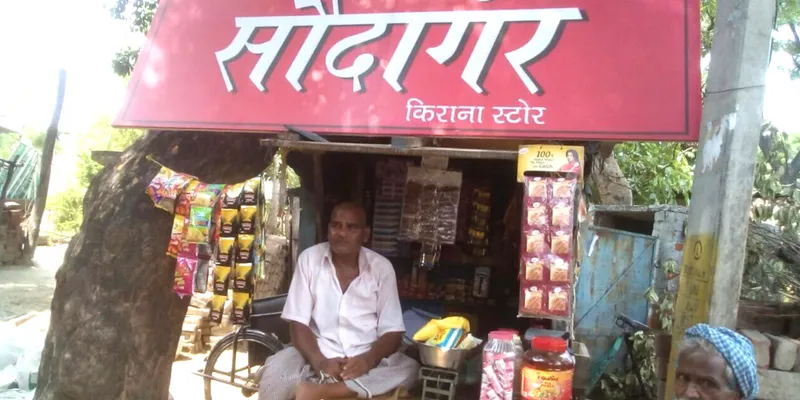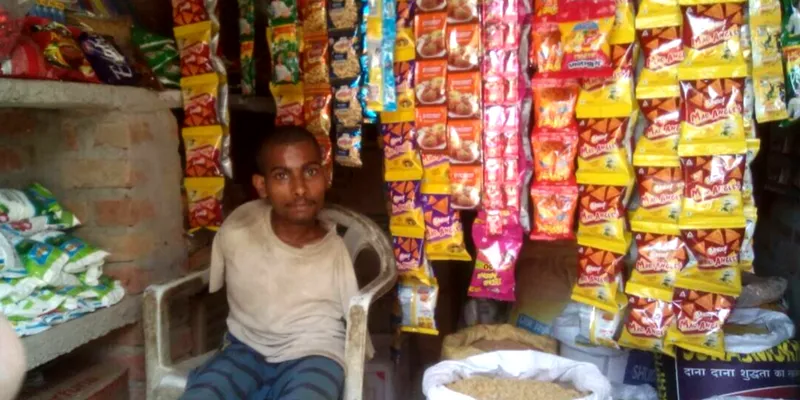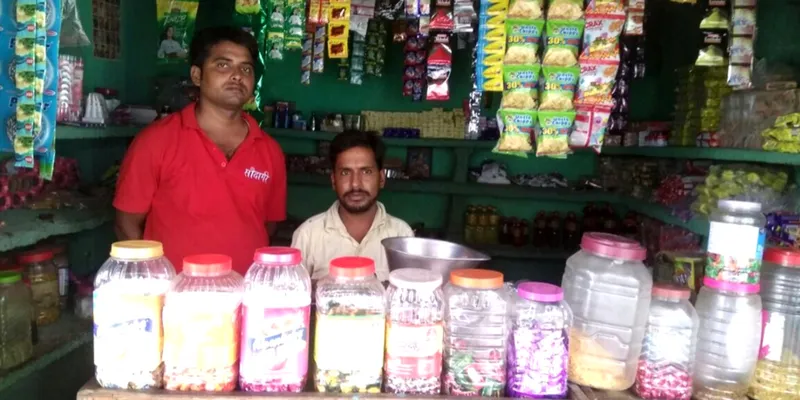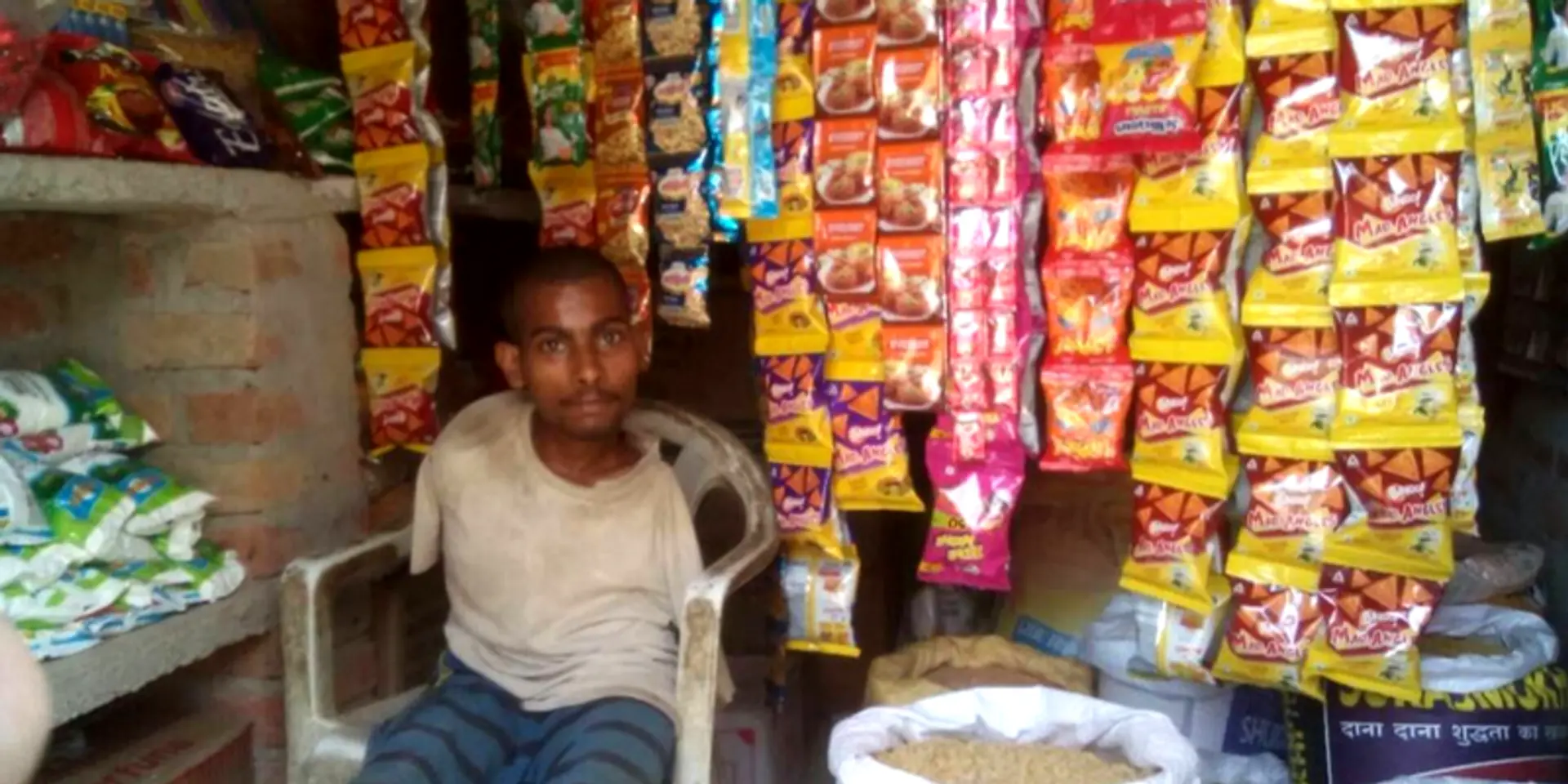How one man's initiative turned 25k people with disabilities into micro-entrepreneurs
Businessman Alok Misra set up Socents in 2016 in Lucknow to ideate innovative entrepreneurship for eradicating social problems. Its flagship, Saudaagar, helps persons with physical disability to establish branded FMCG shops.

Alok Misra hails from Sitapur, Uttar Pradesh. His belief in development enterprise and the opportunity that lies in fast-moving consumer goods (FMCG) led him to brainstorm Saudaagar. He had a friend from Burkino Faso, Africa, who imported FMCG products from India and distributed them in the interiors of Burkina Faso.
It struck me that 70 percent of our nation, which is rural, has still not benefitted from organised retail, says this entrepreneur with 27 years of business experience.
His organisation, Socents, is dedicated to conceptualising innovative solutions to society’s problems.
It aims to bridge the gap between demand and supply in various sectors, such as retail, education, health and environment, by encouraging innovation and enterprise. It now functions through its flagship programme, Saudaagar, in districts of rural Uttar Pradesh.
Motivating for business
Socent’s research says that 1.8 percent of the population of Uttar Pradesh suffer from disability and most of them remain unemployed.
Saudaagar uses rural retail as a tool to create self-employment opportunities for more than 25,000 differently-abled people.

It provides monetary and infrastructural support to people with physical disabilities in every village of Uttar Pradesh with a population that exceeds 2,000. These Saudaagar outlets stock daily household necessities, food and beverage, and medicines. Shopkeepers receive doorstep delivery through a strong distribution network.
These people have very limited sources of earning a decent livelihood with dignity, and most of them belong to the lower strata of the society, says Alok.
Most of them are not aware of government schemes, and they require counselling to be convinced that entrepreneurship is a fair way to earn a livelihood. This is done by Saudaagar’s field staff and telecallers.
The model for business
Once a beneficiary is identified, the organisation motivates him and then negotiates for a bank loan for him. Along with that, the organisation also negotiates rates with suppliers and ensures that stocks reach Saudaagar outlets.
Under Saudaagar, the products are sourced directly from manufacturers and are distributed through Socents’ own channel to the Saudaagar outlets. Replenishment is done via Saudagaar’s call centre or by booking directly with the sales team on field. Orders take 15 days to reach shops. This saves shopkeepers time and the inconvenience of transportation.

Alok says, “Kiraana shops associated with a company provide a sense of confidence and trust among rural people on one hand, and on the other hand, ensure that they do not get counterfeit products.”
So far, there have been 1,400 applications for setting up Saudaagar convenience stores. Sixty loans are in process, 32 loans have been sanctioned, and 17 stores have begun their journey.
Individual daily earnings from stores are anywhere between Rs 2,000 and 3,000, sometimes a little more.
Saudaagar was bootstrapped for the initial one year, and then seed-funded by IIT-Kanpur. The team of six is looking at second stage funding options to expand its reach.







